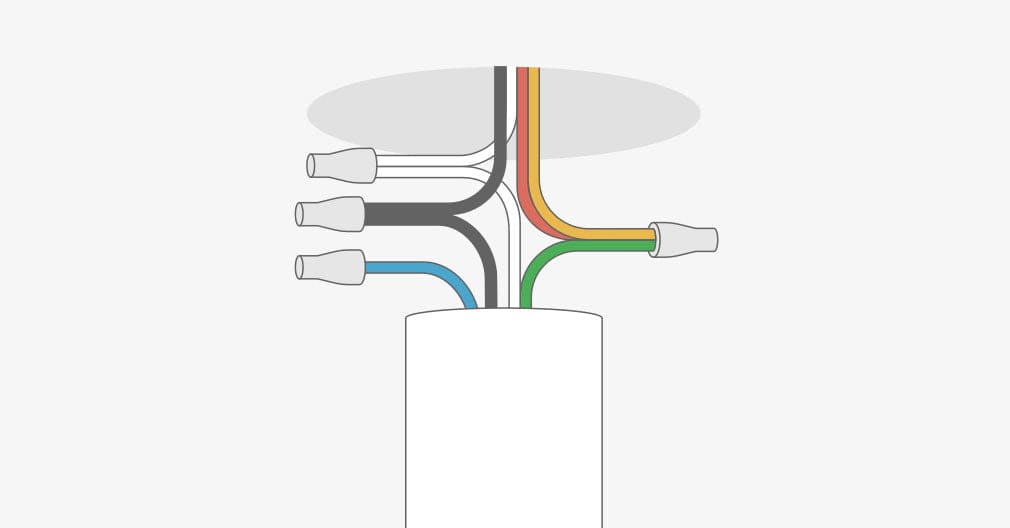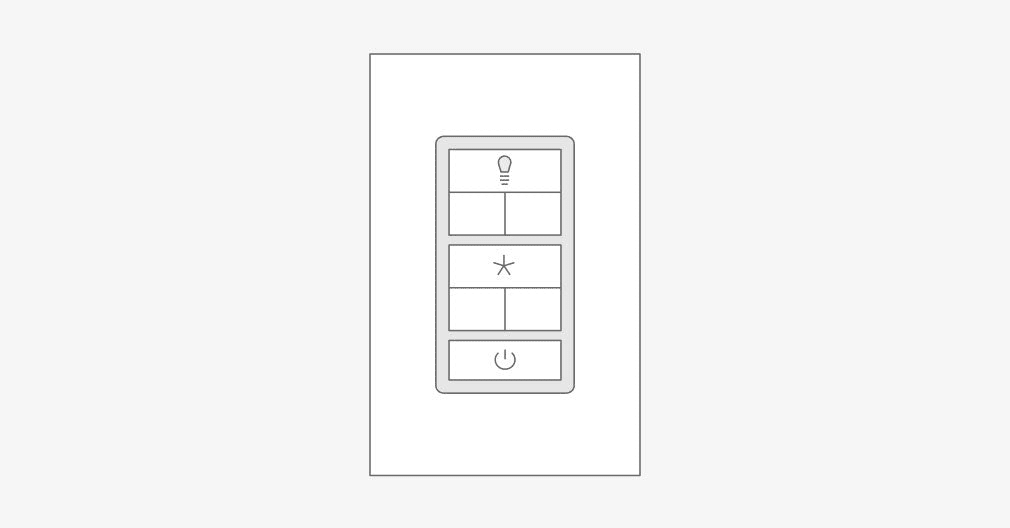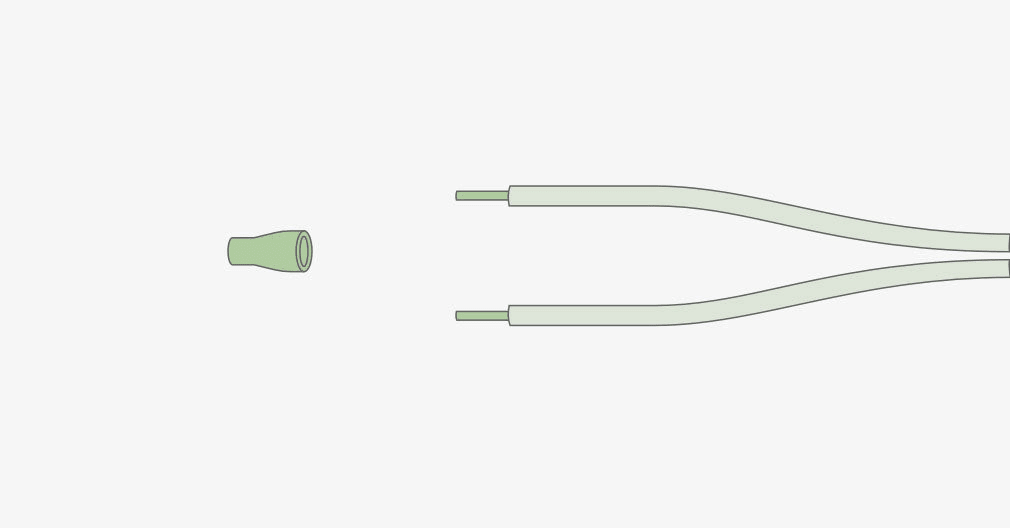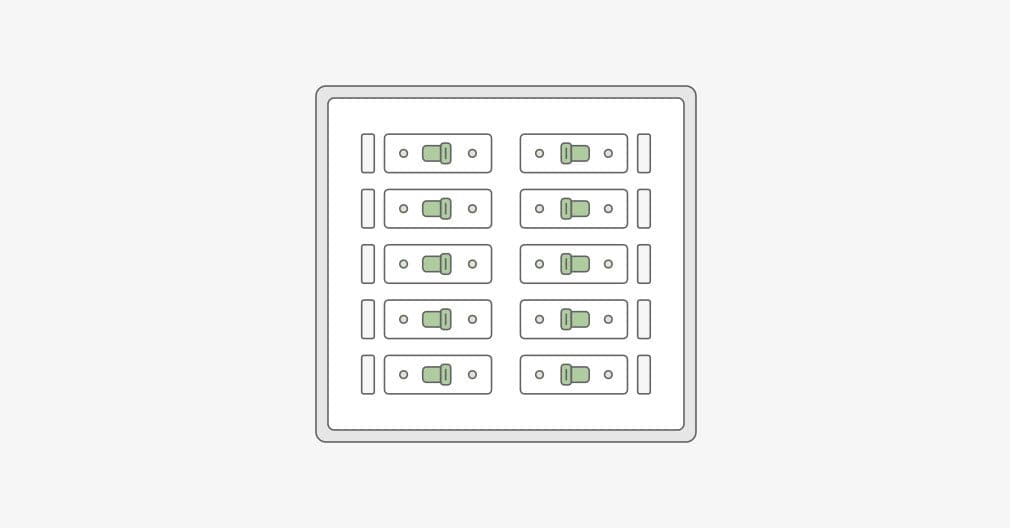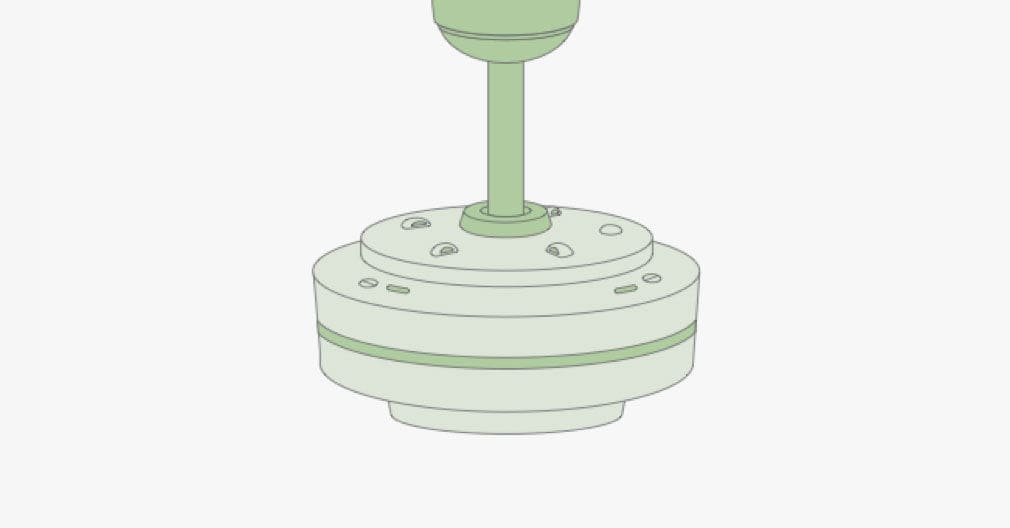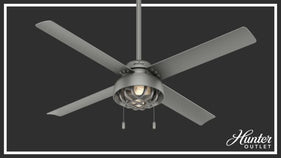
How to Fix a Noisy Ceiling Fan
Is your ceiling fan making noise? Find tips on how to identify the source of the noise and learn how to troubleshoot the problem with our helpful guide.
Hunter fans are engineered to be whisper quiet, but sometimes unusual noises can occur as a result of faulty installation or environmental factors. Most of the time, a few adjustments to the fan's components will resolve the issues. Whether you have a Hunter fan or a model from another manufacturer, these simple troubleshooting tips may help you with your noisy fan.
This information should only be used as supplemental material to the model-specific fan manual included with your purchase of a Hunter ceiling fan. Always refer to your manual for the most accurate instructions for installing your fan. If your manual has been misplaced, you can easily find and download the model-specific manual for your Hunter fan. If you have a fan from another manufacturer, you should always confirm troubleshooting with your fan’s specific manufacturer.
